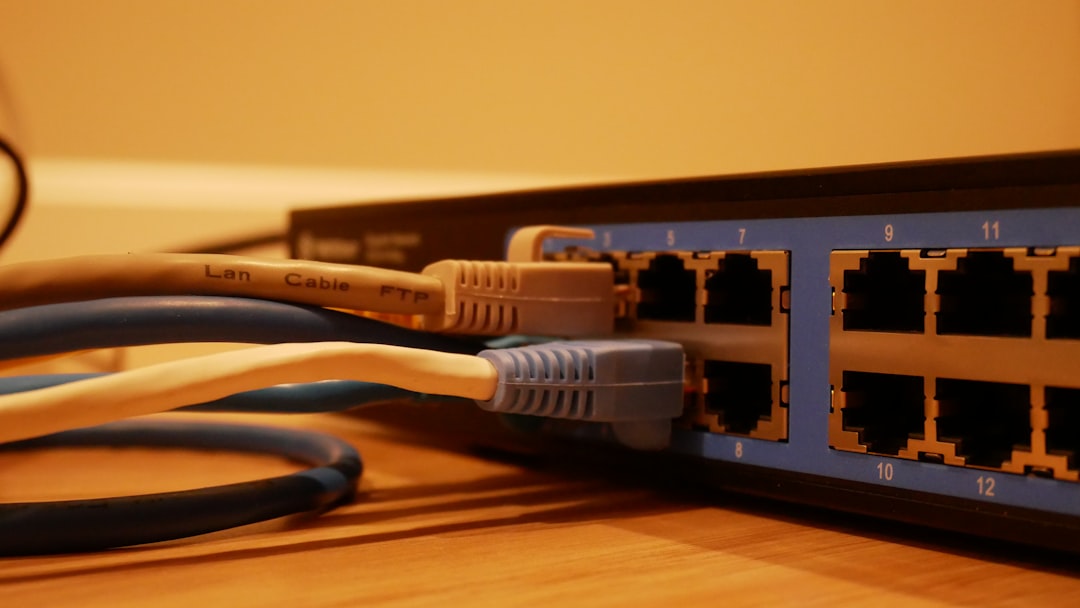In today’s digital age, organizations are increasingly relying on identity and access management (IAM) solutions to secure user access across multiple applications and systems. Okta is one of the most well-known solutions in this space, providing seamless single sign-on (SSO) and identity federation through protocols like SAML and OAuth. However, for various reasons including pricing, functionality, or deployment preferences, many enterprises explore Okta alternatives. A frequently asked question in this context is whether these alternatives offer support for industry-standard protocols such as SAML and OAuth. The short answer is: yes, many Okta alternatives do support both protocols.
Understanding SAML and OAuth
SAML (Security Assertion Markup Language) is a protocol used primarily for enterprise-focused SSO solutions. It enables the secure transfer of authentication and authorization data between identity providers and service providers. OAuth, on the other hand, is a token-based authorization framework that is widely used for granting third-party access to user data without sharing passwords. OAuth is the backbone of many popular consumer app integrations and modern authentication flows.
Both SAML and OAuth are essential components of any robust IAM solution. Companies considering Okta alternatives need assurance that these protocols are adequately supported in order to avoid security gaps or integration headaches.

Top Okta Alternatives and Their Protocol Support
Several platforms have emerged as strong competitors to Okta, offering impressive feature sets and compatibility with modern authentication standards.
- Auth0: Known for its developer-friendly approach, Auth0 supports both SAML and OAuth protocols. The platform makes it easy for applications to implement identity federation, allowing businesses to integrate quickly and securely.
- Microsoft Entra ID (formerly Azure Active Directory): As a cloud-based identity solution, Entra ID natively supports OAuth 2.0 and SAML protocols. It’s commonly used in enterprise environments where Microsoft services are pervasive.
- Ping Identity: Ping Identity offers comprehensive support for SAML, OAuth, and OpenID Connect. It’s ideal for large enterprise environments requiring complex IAM deployments.
- OneLogin: A solid alternative to Okta, OneLogin provides full support for SAML and OAuth protocols. It’s particularly well-suited for organizations seeking simplified cloud identity management.
- ForgeRock: Geared towards both workforce and customer identity management, ForgeRock supports a wide array of authentication protocols, including SAML and OAuth as integral features.
Why Protocol Support Matters
The use of SAML and OAuth reduces operational burden by streamlining user access, improving security posture, and enabling secure federation between identity providers and applications. Enterprises transitioning to an Okta alternative must ensure continuity in their authentication flow. Lack of support for these foundational protocols could compromise not just security — but also user experience.

For instance, if a company uses Google Workspace or Salesforce, it’s crucial that its IAM solution can federate identity using SAML assertions. Similarly, developers relying on APIs or mobile apps need OAuth support to maintain authorization across distributed systems. The good news is that Okta’s leading competitors understand these requirements and have built comprehensive support around them.
Conclusion
When searching for a suitable replacement or supplement to Okta, protocol compatibility should be a top consideration. Fortunately, most credible alternatives — including Auth0, Microsoft Entra ID, Ping Identity, OneLogin, and ForgeRock — offer full support for SAML and OAuth. These platforms not only align with the security and interoperability needs of modern businesses but also provide diverse options tailored to various organizational sizes and industries.
FAQ
-
Q: What is the difference between SAML and OAuth?
A: SAML is primarily used for single sign-on in enterprise applications, while OAuth is used for delegated access and third-party integrations, especially in consumer apps and APIs. -
Q: Can I integrate SAML and OAuth in one application?
A: Yes, many platforms support both protocols and allow integration within a single application depending on access needs and use case. -
Q: Are there open-source solutions that support SAML and OAuth?
A: Yes, platforms like Keycloak offer open-source IAM capabilities with support for SAML and OAuth, making them popular among developers and DevOps teams. -
Q: How do these protocols impact user experience?
A: Proper implementation of SAML and OAuth improves user experience by enabling seamless login processes and secure, password-free transactions across systems.

